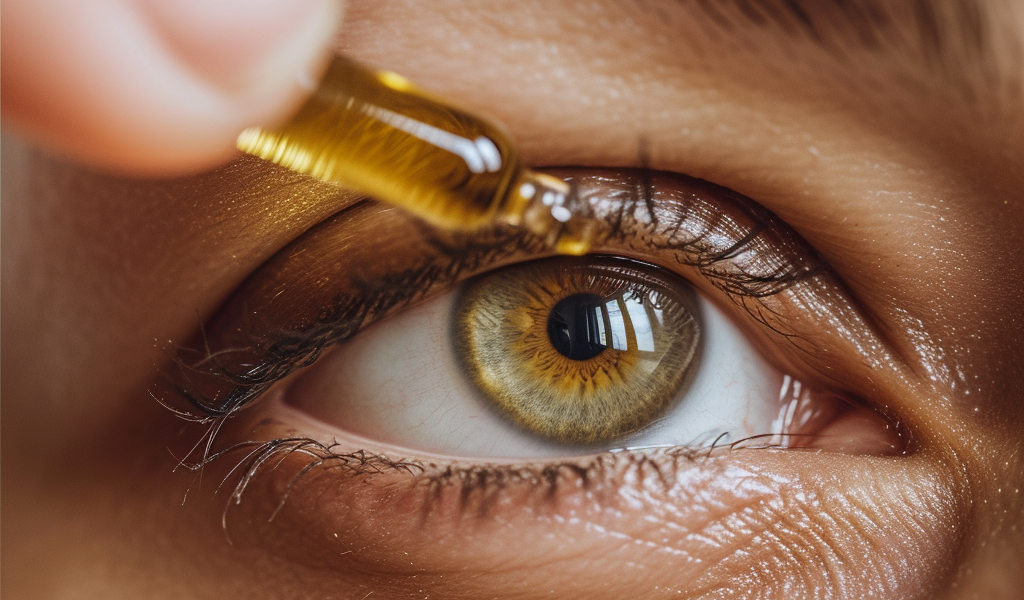University of Auckland researchers testing castor oil as potential treatment for dry-eye disease
University of Auckland researchers are testing the application of castor oil to treat dry-eye disease with promising results so far.
Researchers at the University of Auckland are running a trial of castor oil as a potential safe and natural treatment for dry-eye disease following a successful pilot study. While exact figures aren’t available for New Zealand, in Australia, it is estimated dry-eye disease affects around 58 percent of the population aged over 50. Advancing age, menopause, increased screen time, contact lens wear are just some of the risk factors for developing dry eye disease. Blepharitis is the most common cause of dry-eye disease, accounting for more than 80 percent of cases. It is a chronic condition with no known cure.
“Currently, patients are left grappling with symptoms of dryness, grittiness and, in some cases, watery eyes that feel uncomfortable impacting on their quality of life and work productivity,” says doctoral candidate and lead clinical investigator Catherine Jennings.
Current treatments, such as antibacterials and anti-inflammatories, are generally unsuitable for long-term use, due to significant side-effects and potential for antimicrobial resistance. “Often patients are left feeling helpless when attempting to manage a chronic condition,” Jennings says.
The current trial is of a product containing cold-pressed castor oil enhanced with mānuka and kanuka oils applied using a rollerball attached to a small glass bottle. “The previous pilot study, conducted by our research team, was unique in its use of castor oil in such an application on the eyelids, with the product not known to be used anywhere else in the world for treating blepharitis,” says Jennings.
Castor oil comes from a flowering tropical or subtropical shrub from the species Riccinus communis. It has been used therapeutically for millennia, including more recently in eye cosmetics and eye makeup removers. In the pilot study, 26 patients with blepharitis were treated with cold-pressed castor oil over four weeks. They had measurable improvements in symptoms, such as reduced redness of the lid margin, decreased thickening of the eyelid, and a decline in bacterial profusion, as well as reduced eyelash crusting.
Building on the success of the pilot study, the research team is now engaged in the more extensive double-blinded, randomized and placebo-controlled study. They are aiming to recruit 92 participants and generate robust scientific evidence for clinicians. Professor Jennifer Craig hopes the treatment will ultimately improve a large





